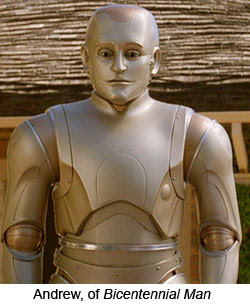Thoughts on FLARE
[ Audio Version ] Now that I've gotten back into AI research after all these years, I'm starting to reach out to find out more about other research in the AI field. I recently started reading abstracts of articles in the Journal of Artificial Intelligence Research (JAIR), which stretches back to 1993, in hopes of finding out more about the state of the art. When I started from the latest volumes, I was surprised by how inapproachable so many of the articles appeared to be. For starters, they appear to be written exclusively for those already deeply entrenched in the field. For another, rather than positing new theories or discoveries, they appear largely to be small extensions of concepts that have been explored for decades. So I decided to start reviewing abstracts from the beginning. What a difference that makes. I recently read an interesting article from 1995 titled An Integrated Framework for Learning and Reasoning , by C.G. Giraud-Carrier and T.R. Martinez and publi...

